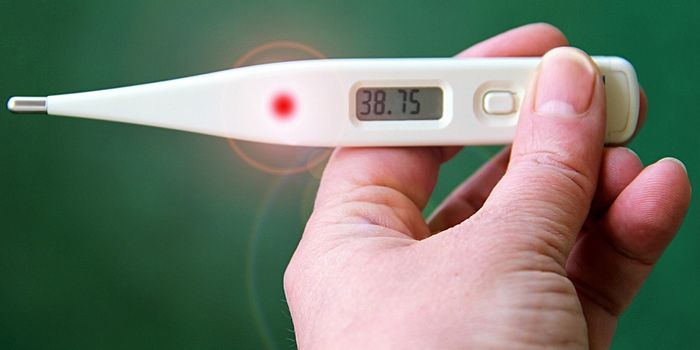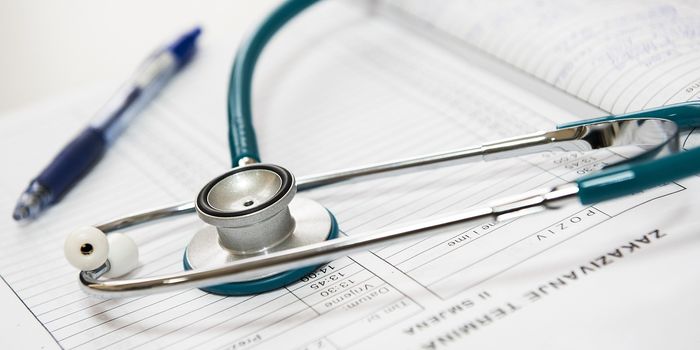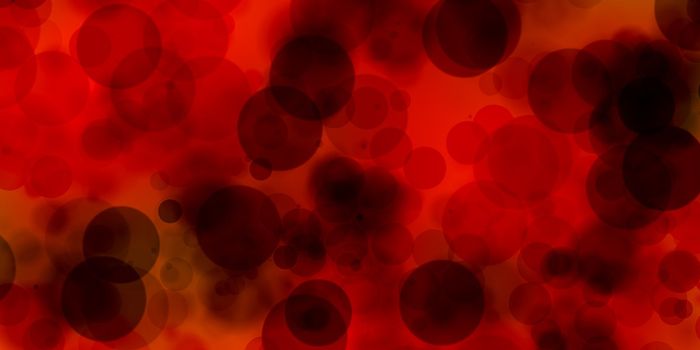Cervical cancer screening affected by natural disasters
It may not come as a surprise that public health is adversely affected by natural disasters and conflict. New research published in the journal PLOS ONE aims to quantify that by describing how screening for cervical cancer suffered declines in Japan in the years after the Great East Japan Earthquake of 2011. The 2011 earthquake had a magnitude of 9.0 that devastated Miyagi Prefecture in eastern Japan. The devastation was compounded by a tsunami that followed the quake and impacted surrounding coastal areas.
Researchers from Tohoku University say that in the years following the natural disaster, cervical cancer screening rates dropped significantly, which is not an uncommon phenomenon. "Conflicts and disasters, and the social isolation that often follows, have a major impact on healthcare and lead to delays in the diagnosis and treatment of cancers," says Tohoku University's Yasuhiro Miki, who specializes in disaster obstetrics and gynecology.
Cervical cancer rates are higher in Japan than in the US, where approximately 15 women per 100,000 people are affected by cervical cancer compared to 6.5, respectively. Unfortunately, the vaccination rate for human papillomavirus (HPV) is also low in Japan, where less than 1% of girls are vaccinated. (The vaccine protects against cervical cancer.) This makes screening for cervical cancer that much more important in the country.
Nevertheless, the investigators observed a 3% drop in cervical cancer screenings in the five years following the earthquake. In one city hit hard by the disaster, screening rates dropped by 7%.
"Cervical cancer screening is essential for maintaining good health, but in many affected areas, the rates markedly decreased in the year following the earthquake," says Miki. "More problematically, the decline in cervical cancer screening rates did not even recover in some areas five years after the earthquake."
Furthermore, the researchers say that this case study in Japan speaks to the experiences of other regions of the world that have lived through disasters. "Long term monitoring of women's health is needed after a disaster," Miki says. "Measures need to be taken to restore screening rates in all affected areas."
Sources: PLOS ONE, Eureka Alert








